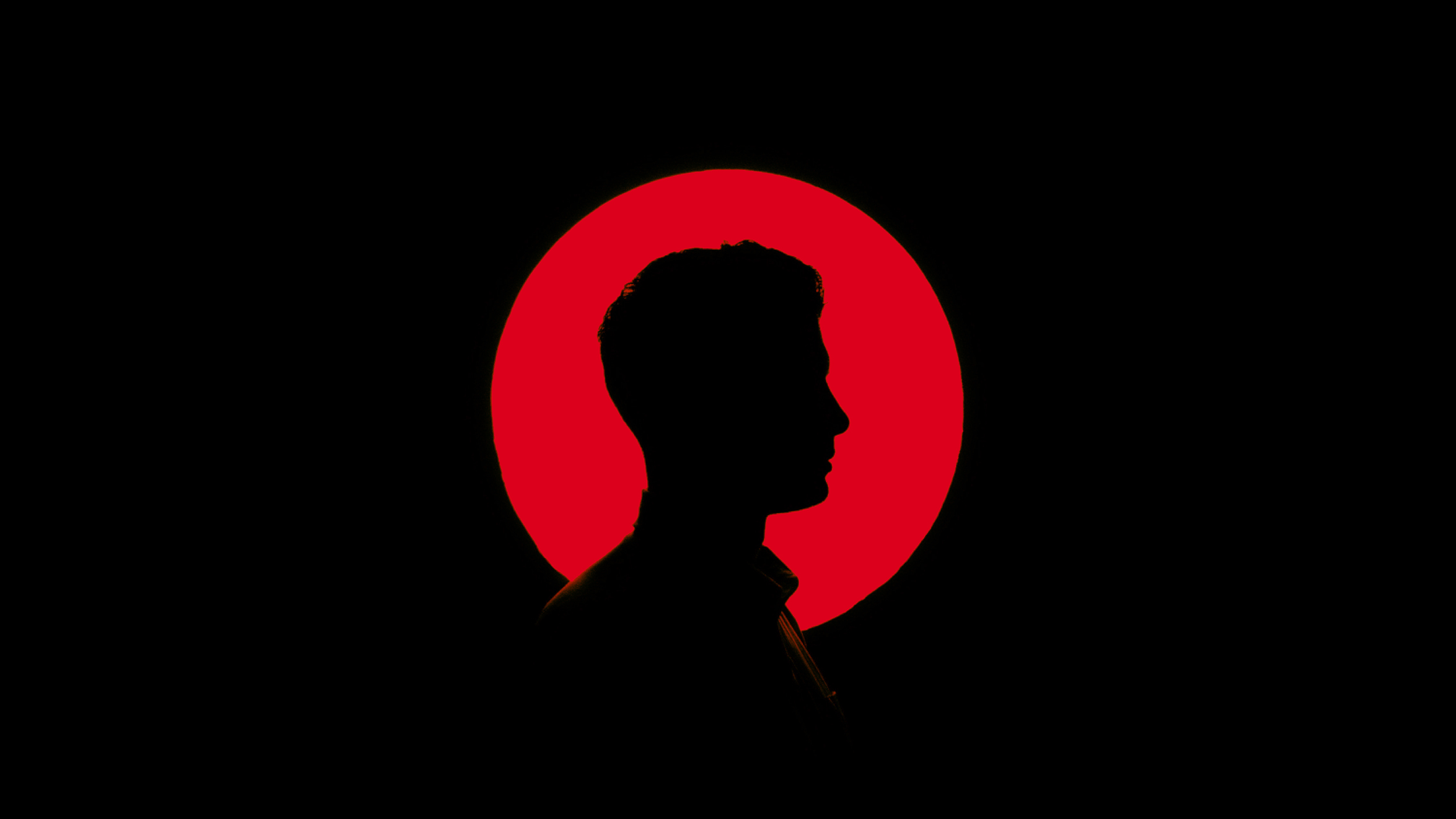
How to Tackle Perceptive Distortions and Unwanted Divergence of Judgements

The Impact of Mental Constructs on Awareness & Perception

The School of Thinking TSOT – für Strategen & kluge Entscheider

Most of us often confuse the events that happen with our mental constructs of those events. The two are so intricately woven that we often do not realize the impact our mindsets have on determining our perceptions of reality.
What we perceive in reality is influenced by our mindset, just as our mindset determines we experience of what we perceive. Notice the two-way relationship: mindset influences what we perceive „out there“ and what we perceive „in here“. Mindset impacts both our external reality and our internal reality.
Mindset can construct whatever „objective“ reality leaders want to believe in. Mindset therefore is extremely powerful. Why?
There is an emotional dimension to almost every thought we have and every decision we make. Perhaps the mental trait with greatest influence over our thinking is what we call emotions. Mindset seem to be driven by emotion. Therefore we should check the state of our emotional status when making decisions. For instance, decision making should never be driven by too high-energy levels of our emotional status.
We tend to believe that – by consciously focusing our mind on an issue – we are controlling our mental faculties and are fully aware of what´s going on in our „gray matter“. But this isn´t true at all. Most of what goes on in our mind involves „mental shortcuts“ that occur without our knowledge and beyond our conscious control.
We are driven to view the world around us in terms of patterns. This is in fact not always a conscious process (ie: we see a face – a „pattern“. Our mind searches its memory – „bells are ringing“. Our mind finds a matching face – a “pattern“. Our mind then delivers to our consciousness the name & other information stored with that pattern).
We instinctively rely on, and are susceptible to, biases and assumptions. Biases are unconscious beliefs that condition, govern and compel our behaviour. Almost everything we do is driven by biases. For instance, when we walk into a dark room (and recognize the dark room = „pattern“), we instincively reach for the light switch on the wall. What prompts this action is the unconscious belief (=the bias) that flipping the switch will bring the light to the room.
Think about your mindsets, biases & assumptions. Which of them can you detect? How do they influence your decisions and the way you perceive things? Write down your thoughts on that matter.



